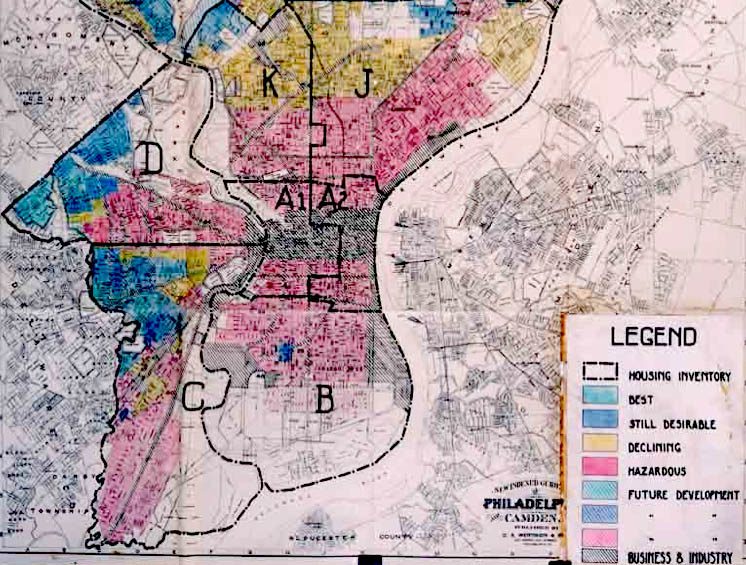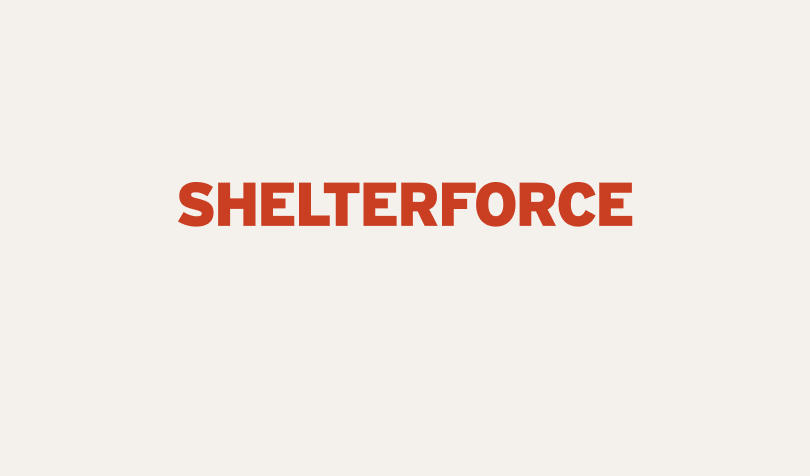Financial System
Financial Well-Being
The Latest

Why the Community Reinvestment Act Must Be Expanded Broadly Throughout the Financial Industry
The financial industry has been one of the main perpetrators of racial discrimination. It should be obligated to serve all communities, particularly communities of color.
Explore Articles in this Topic
Search & Filter Within this Topic
filter by Content Type
filter by Date Range
search by Keyword

Financial System
Asset-Building Comes of Age
From IDAs to comprehensive community wealth building, the number of strategies to increase personal and collective assets is growing.
